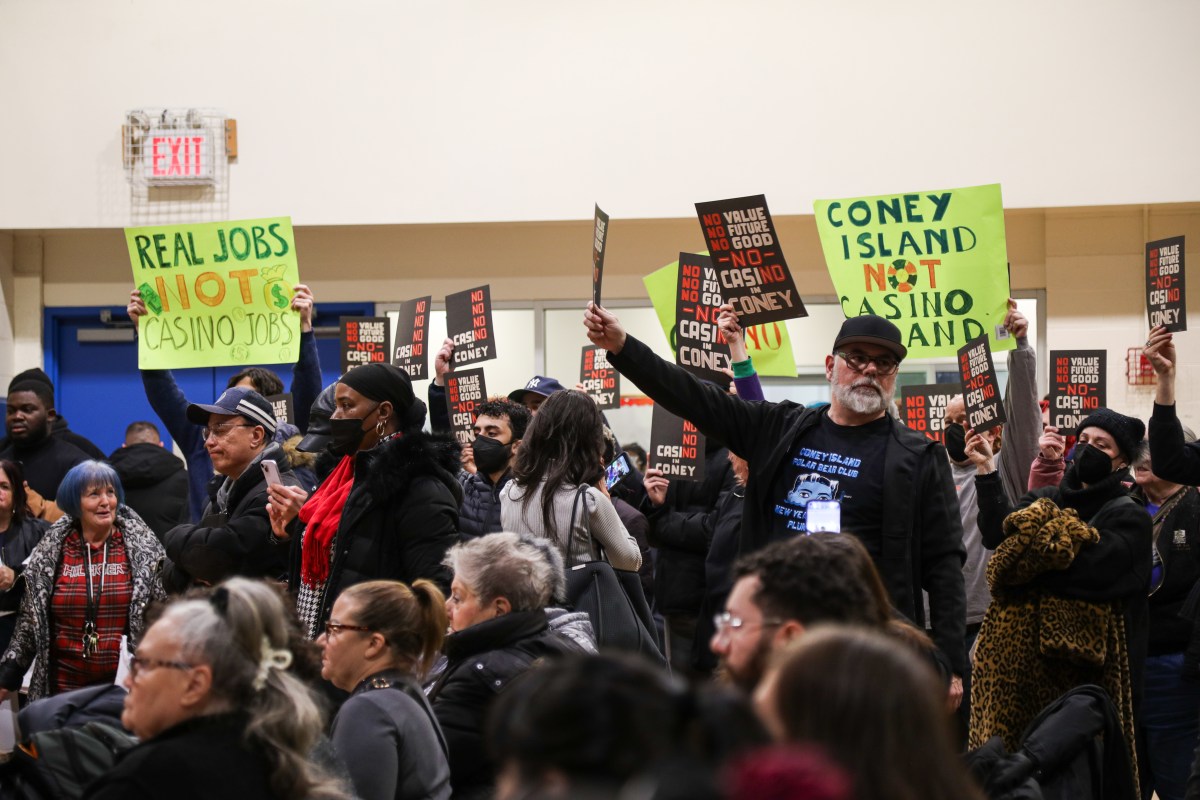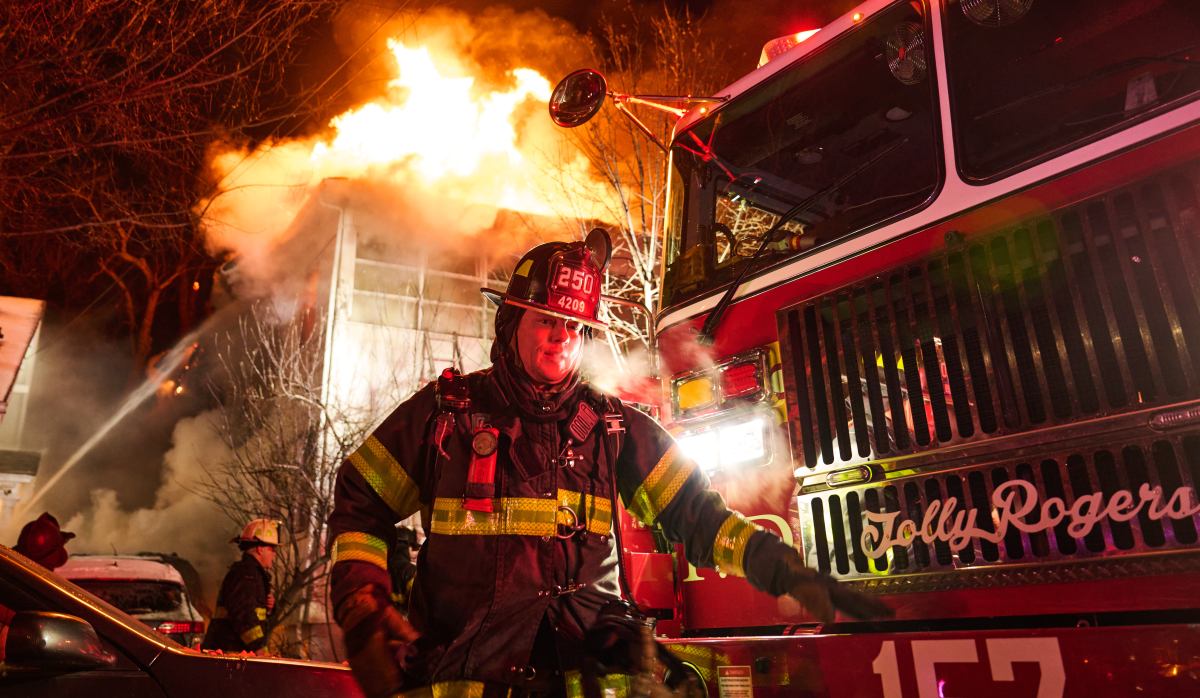After detecting a decline in landlords looking to compensate tenants for abandoning their rent-regulated leases, Robert Sedaghatpour launched a new venture earlier this year aimed at working with residents pursuing such buyouts.
Sedaghatpour estimated the number of buyouts in Manhattan and the more expensive parts of Brooklyn fell 60 percent from the end of 2017 to the end of 2018. He said the environment has shifted to favor tenant-pitched transactions.
"The reason we’ve started Metro Tenant Advisors is we’re seeing, with the increase in regulation, that it’s more prone to initiate . . . from the tenants’ side," Sedaghatpour said. "It’s much easier to navigate than a landlord approaching a building, building-wide, and unnecessarily disturbing some tenants."
A few of Sedaghatpour’s colleagues also reported that fewer owners seem to have an appetite for buyouts because landlords are not often able to earn as much from — or as easily execute — the arrangements.
These brokers and lawyers said a confluence of factors have made owners less inclined to execute buyouts, including rising interest rates, new guidelines designed to protect rent-regulated tenants and uncertainty over how the Democrat-led state Legislature may alter rent regulations, which are slated to be renewed this summer.
Landlords are likely to pursue buyouts if they would like to redevelop or sell a building, which brokers and lawyers say is easier if it does not have rent-regulated units. When a regulated apartment is vacated, owners can raise the rent 20 percent and spend time and money upgrading the unit — an expense that can be recouped through rent increases. These can be used as strategies to nudge homes closer to the roughly $2,775 threshold, at which an apartment can leave the rent-regulated system.
Sedaghatpour said majority of the landlords who are interested in buyouts are newer owners. Higher interest rates on their mortgages, loans or other financing have recently curbed their profit margins and the appeal of such transactions. He said buyouts are also less inviting because of stricter city rules, including the decision to treat a wider array of behaviors as tenant harassment and a program requiring some owners to obtain certificates proving none of their residents have been harassed before they are eligible for certain construction permits.
Real estate firms are taking the time to vet the makeup of buildings before they buy them and they are assuming a more cautious approach to buyouts, according to Michelle Maratto Itkowitz, whose law firm represents owners and renters.
"Years ago people would buy buildings, and they would dump them on my desk and say, ‘The seller says I can evict everybody. Go do it.’ And I would look at it and say, ‘These people are all rent-stabilized. You can’t evict anybody,’" said Itkowitz. "Purchasers are investigating, and they’re saying, ‘Well, wait a minute. How did this rent get from $748 to $3,200? . . . I want to see receipts, canceled checks, before and after pictures, contractor affidavits.’ Because they know that some day they might have to defend it in court."
Launched in November 2018, the certificate of no harassment pilot program requires buildings in physically poor condition and those recently sold in changing neighborhoods to prove that no tenant harassment has occurred before being allowed to demolish any part of the building and alter the number of units it contains, according to the city Department of Housing Preservation and Development spokesman Matthew Creegan. Creegan said the department has received 14 applications, all of which are pending. He said the city has no formal way of tracking buyout activity.
Not enough time has passed to assess the pilot or how it, likely in tandem with several other regulatory changes, may influence buyouts, according to Emily Goldstein, director of organizing and advocacy at the Association for Neighborhood and Housing Development.
"Our take is that if you’re not harassing tenants, then you shouldn’t have much to be concerned about," Goldstein said.
Michael Brown, founder of an eponymous law firm that mostly represents tenants, said he has seen "much less" buyout activity over the past year, mostly driven by a decline in the number of owners looking to vacate and redevelop a building, rather than those seeking to turn over a rent-regulated unit.
Brown said some owners have grown unsure about their buyout plans since Democrats swept control of the previously GOP-led state Senate.
"I’ve noticed an urgency, and I’ve also noticed a pullback. There are landlords, who have told me that they want to get it done quickly; there are landlords who have told me, ‘Let’s put things on hold,’" Brown said.
The new paradigm in Albany has boosted business for at least one firm. Lease Buyout Advisors Founder Benjamin Landy said his company, which exclusively represents tenants, is on track to close about 30 buyouts in the next few months, compared to the 10 negotiated over the previous few months.
"Landlords see the risk in not doing buyouts now and are offering record-high prices and are moving very quickly to complete deals because they don’t know the impact come June," said Landy.



































